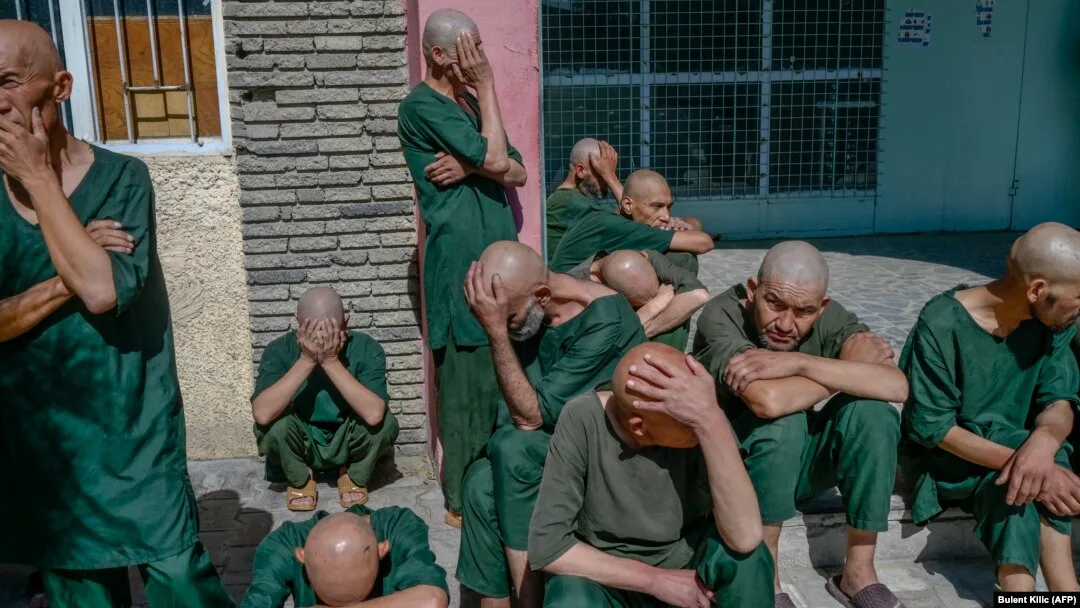Kabul, the capital of Afghanistan, faces a growing drug addiction crisis. In response, some of the country’s largest drug rehabilitation centers have opened in Kabul to support recovery and treatment. These centers offer shelter, medical care, and counseling for thousands of people struggling with addiction.
Afghanistan produces around 80% of the world’s opium, and many locals have easy access to drugs like heroin. As a result, addiction rates in Kabul have soared in recent years. Entire families, including children, often find themselves addicted and homeless. To combat this, the government and non-profit organizations work together to operate rehabilitation centers across the city.
Kabul’s largest drug rehab centers, such as the Avicenna Medical Hospital and the Ibn Sina Drug Treatment Center, provide essential services. At these facilities, people receive detox programs and access to healthcare. Medical teams, including doctors, psychologists, and social workers, help patients overcome the physical and mental aspects of addiction. These centers also offer counseling services to guide individuals through recovery.
However, these rehab centers face many challenges. Limited funding and a high demand for services create barriers to effective treatment. Facilities often struggle with overcrowding, while lacking resources makes it difficult to offer long-term support. The ongoing economic crisis in Afghanistan has made these issues worse.
Despite the challenges, Kabul’s drug rehabilitation centers continue to offer hope. For many, they represent a new start and a chance to escape the grip of addiction. With continued support, these centers can help more people reclaim their lives and contribute to a healthier future for Kabul.




